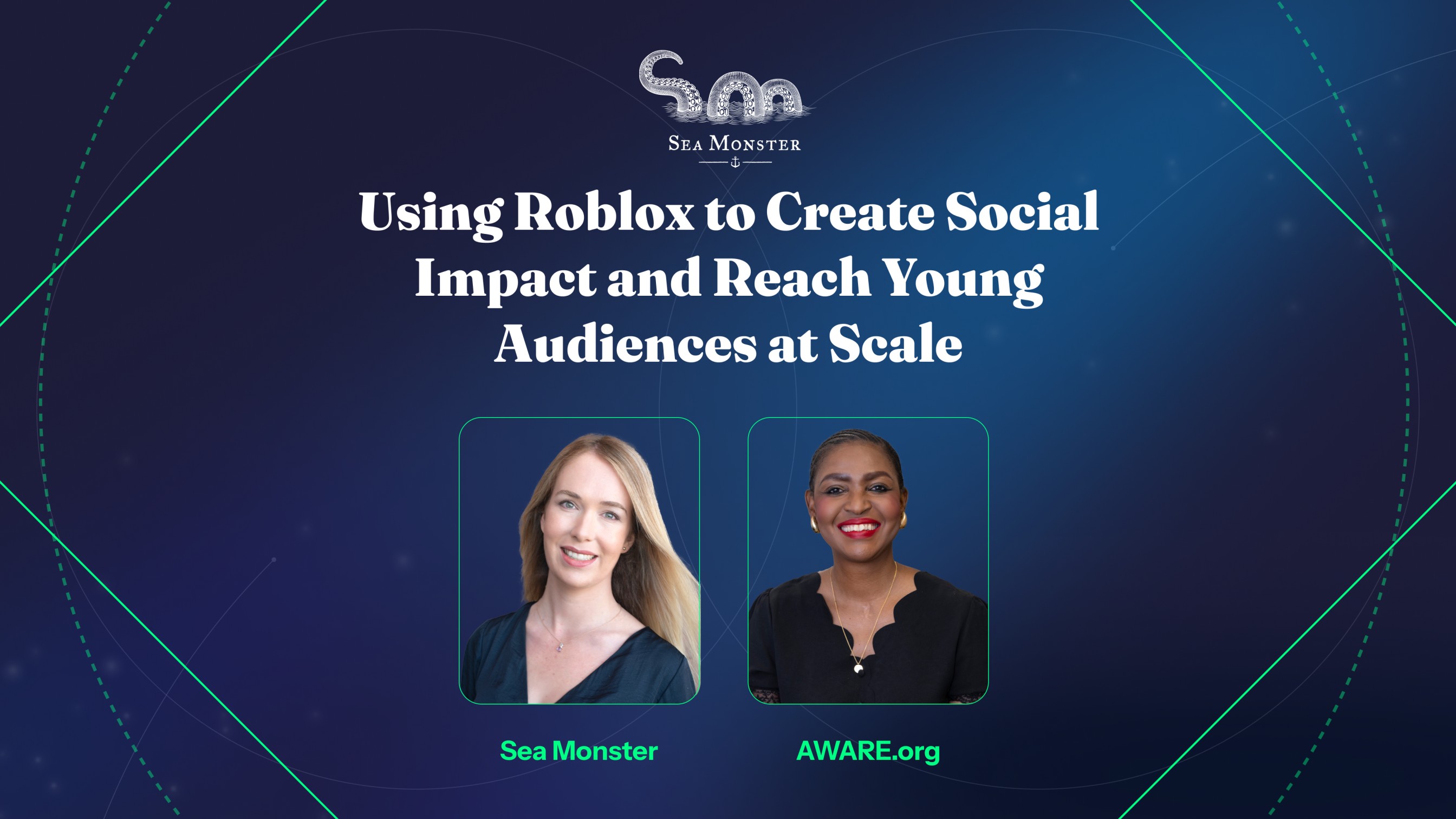A growing body of research shows that gaming can positively affect mental health. It’s also becoming increasingly clear that impact games can amplify these effects. As people around the world search for solutions to address the widespread mental health crisis, there’s a strong argument for gaming. Before digging into how games can be used to stimulate mental well-being, it’s worth noting that our understanding is constantly evolving.
Games for social good
“A growing body of research shows that gaming can be very positive for mental health. It’s also becoming increasingly clear that those effects can be amplified through impact games.”
More recently, research from Oxford University showed that people who played Nintendo’s popular Animal Crossing or EA’s Plants vs. Zombies: Battle for Neighborville reported a greater sense of well-being. The study was a landmark in demonstrating that playing games can have a positive impact.

The power of purpose
These profound effects were found to be produced by games that were designed with no other intended purpose than to be fun and entertaining. The examples provided involved players interacting with games on a two-dimensional screen, even if the games were rendered in 3D. What might the effects be when engaging in a fully immersive environment, like virtual reality (VR), with games specifically designed to promote well-being? This is a question worth asking because we know that VR is already applied extensively in contexts like industrial training for the sake of safety. Why shouldn’t the same be true for promoting mental well-being? It’s a question people have asked since psychologist Barbara Rothbaum first started using VR for mental health in the mid-1990s. The field has evolved considerably since, with clinicians using VR to treat everything from depression and addiction to ADHD and anxiety. Many of these therapies, however, are based on bringing real-world exposure therapy techniques to the virtual world. While there’s undoubtedly value in that, people still might resist even that kind of exposure.
Solutions for global good
In short, impact games are about creating valuable and sustainable game-infused solutions to some of society’s biggest challenges. Impact games are created for a purpose beyond just pure entertainment. Most of us are familiar with them in the educational space, but they also have extensive health and mental well-being applications. We know this first-hand at SeaMonster because we developed a proof of concept using classical music in VR to create a healing experience for people struggling with mental health issues. The game was commissioned by Maestro Games. While this doesn’t imply that games should replace traditional modes of therapy or mental health practices, the positive impact of even conventional games on well-being is undeniable. Ignoring this potential would be a missed opportunity, especially in Africa, with its young population and overwhelming mental health crisis.
Africa’s mental health crisis
The World Health Organization reports that mental health conditions currently affect 116 million people on the continent. This is double the 1990s statistic of 53 million. Now imagine if healthcare providers worked with researchers and game developers to add impact games to their treatment tool kits. Or if games – which youngsters are very receptive to – were used as a supplementary tool? Given how much we’ve learned about games and the human brain in a relatively short period, the future holds promise. Given the promising strides made, it’s clear that gaming and impact games should play a growing role in promoting mental well-being in the future.
Lets work together to create a healthier future!


.svg)
.svg)
.avif)
.avif)




.gif)
